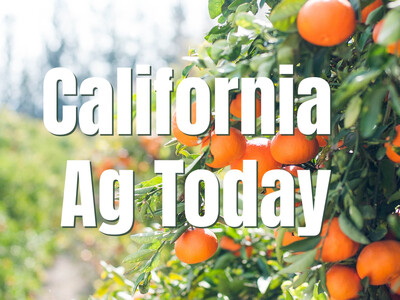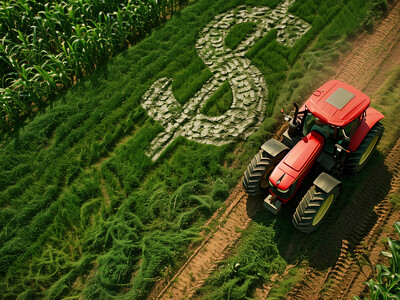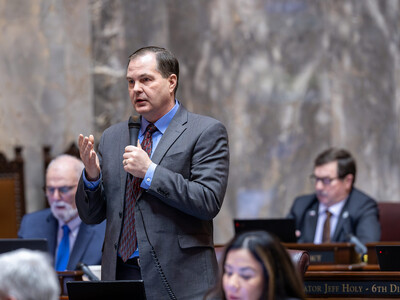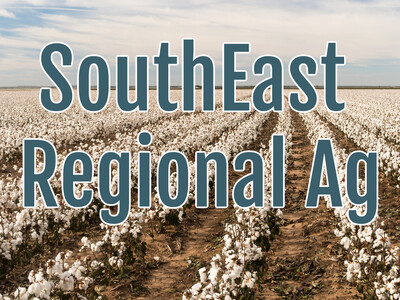The Case for Vertical Farming - Part Three

Tim Hammerich
News Reporter
Vertical farming has a lot of limitations associated with it, but it does have a role to play in the future of agriculture. This week we’ve reported on its benefits for bringing local and fresh produce to new areas, and its ability to provide food security in geographies that don’t have a large farm economy. Unfold’s John Purcell says there’s another reason to be optimistic about vertical farming: de-risking food supply chains.
Purcell… “One of the most valuable things you could do for any retailer is de-risk that supply chain. One of their biggest challenges is there are times a year where product isn't as good or the quality isn't there, et cetera. So there's a lot of conversations now is do they get more directly involved rather than just using vertical farms as a supplier? You could think about scenarios where you had a vertical farm colocated with your fulfillment center, if you're an e-retailer or with your distribution center if you're a big retailer. There's some advantages to that. Like I say, you're not going to replace all your existing supply chain, but man, if you know your premium product is going to be the same 365 days a year. If you know your supply chain is driving across the parking lot. In China, there's an operation where it's actually connected to the distribution center where literally the farm puts it right into the packages and it goes out the door. That dynamic on how does the existing retail sector engage with the vertical farming, not just as a supplier, but a deeper relationship. I think that could be a huge possible upside.”
Unfold is developing genetics and digital tools for vertical farming companies.












